The worldwide B2B commerce market was worth $14.9 trillion in 2020, more than five times the size of the B2C market. According to Forrester, B2B commerce will account for 17% of all B2B sales in the United States by 2023, totaling $1.8 trillion.
B2B commerce is, without a doubt, hitting new heights.
B2B companies have been slow to adopt eCommerce in the past. Only 9% of total B2B product sales in the United States occurred via an eCommerce website, according to an eMarker report before the epidemic happened.
Buyers’ expectations are rising faster than ever, thanks to the pandemic as a catalyst for change and an increasing number of millennials entering the B2B arena, and B2B enterprises need to keep up with all changes.
Customers expect the same experiences from B2B sellers as they do from B2C sellers since the B2C industry is continually inventing and digitizing.
In fact, a buyer’s direct or indirect customer experience influences 80 percent of the choice of buying B2B commerce. Besides, 87 percent of B2B buyers would be willing to pay more for a provider with a superior eCommerce site and experience.
B2B merchants are left to decode the current B2B buyer’s needs in the midst of an evolving landscape. Making a digital transition for a B2B company caught in legacy systems, on the other hand, might be a daunting task. This article will give you a lead through the basics of B2B commerce which help you understand clearly.
1. What is B2B commerce?
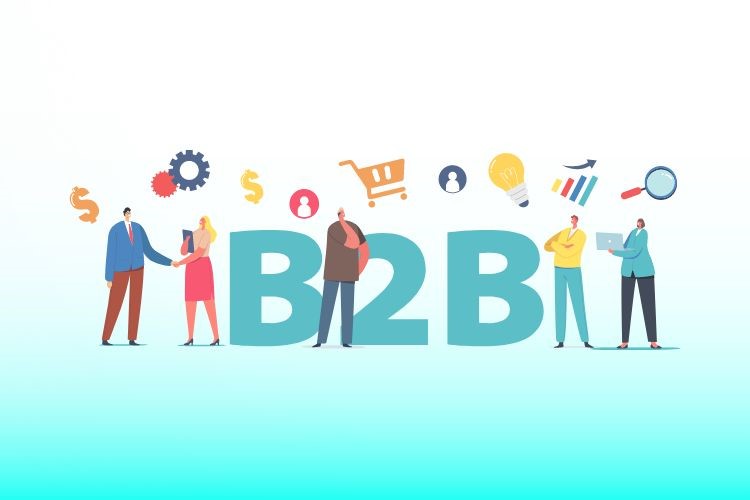
B2B commerce is short for business-to-business commerce. The online sale of goods or services between businesses is referred to as B2B commerce. B2B commerce is distinct from B2C commerce, which is business-to-consumer electronic commerce in which a company offers goods or services to a consumer directly.
2. B2B commerce examples
- Alibaba is one of China’s major commerce platforms, focusing primarily on business-to-business transactions. Alibaba is a B2B commerce marketplace where businesses may find wholesalers who sell commodities in bulk or connect with Chinese manufacturers to build custom products.
- McKesson is the largest distributor of health-care items and medications in the United States, providing pharmaceutical and medical device companies with the utmost care for sensitive products and medicalequipment.
- Google offers a variety of B2B software offerings in addition to its B2C search engine. For businesses, Google’s GSuite offers cloud-based word processing, spreadsheets, and calendaring, while Google 360’s marketing suite offers essential tools for digital marketers. Google also sells ads on its search results, which is one of its main sources of revenue.
- Facebook Another B2C company that provides B2B services is Facebook. Facebook and other social media companies, like Instagram (which is owned by Facebook), Twitter, and Snapchat, monetize their free B2C services by charging advertisers to broadcast ads on their sites.
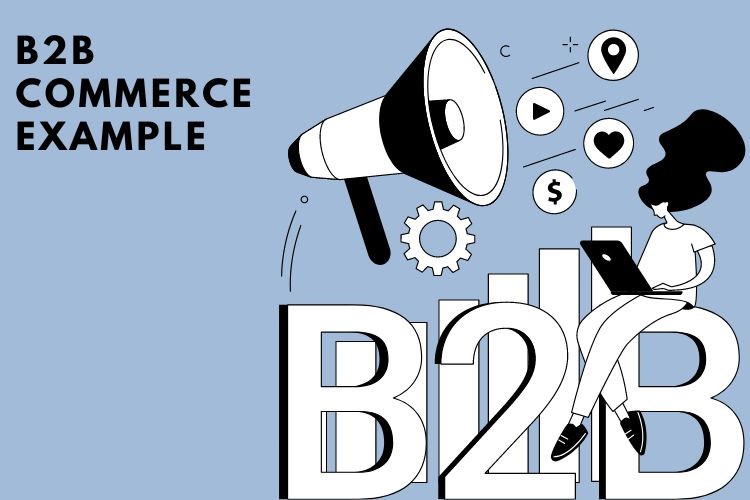
- Microsoft In addition to its consumer-level office suite, Microsoft offers a variety of B2B services. Microsoft licenses its software, such as Office and Windows, hardware, marketing technology, and cloud hosting services, to businesses.
- Salesforce is one of the world’s leading B2B software firms. It is credited with popularizing software-as-a-service (SaaS). Salesforce offers CRM software that sales reps can use to track prospects and customers during long sales cycles and consumer’s purchasing journeys.
- Oracle is a B2B commerce behemoth, offering enterprise resource planning (ERP) software that streamlines corporate processes including accounting, procurement, project management, security and compliance, supply chains, and more.
- Amazon Amazon serves as an online platform for other businesses in addition to its B2C sales. Amazon also offers Amazon Web Services (AWS), a cloud infrastructure outsourcing service for cloud-based software companies.
3. Kinds of B2B commerce
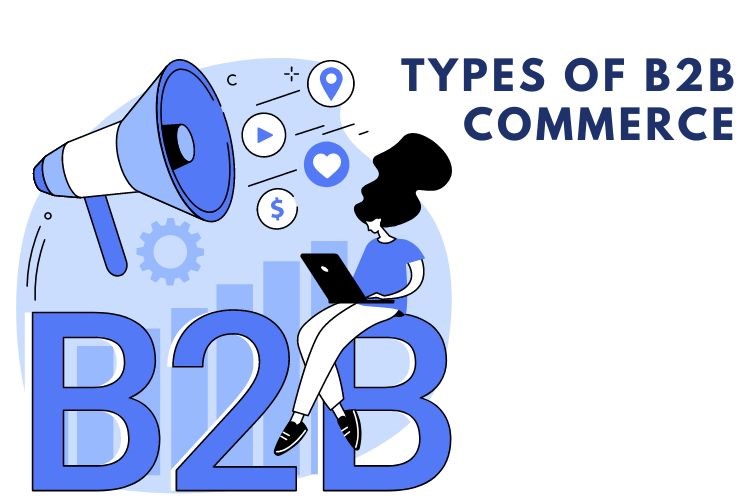
There are numerous categories of B2B business transactions and connections that can be conducted via the internet. The following are some instances of B2B commerce businesses:
- Manufacturing is a critical business function for any company that sells physical things, and due to the high cost of owning and managing a manufacturing plant, many companies outsource their manufacturing to third parties, who are often based in countries with cheaper labor rates, such as China.
- Wholesaling is when a company buys some things in bulk from another company and then resells them to consumers at a retail price, benefiting from the difference. Many companies offer things in quantity (typically from China) at a discounted price, and there are even platforms like Alibaba that link resellers with wholesalers.
- Distributors are another important component of business, and one that is increasingly being done online since the internet has become one of the most important marketing platforms. B2B distributors advertise items and services on behalf of their business clients via internet channels such as SEO and social media. For example, they make Facebook ads to market their products and then post them to gain more customers.
- Software-as-a-Service (SaaS) is a type of cloud computing. It is a business-to-business software model pioneered by Salesforce that has become one of the fastest-growing B2B business models for digital commerce-focused IT firms.
4. B2B commerce platforms
As B2B commerce has risen in popularity as market activity, a slew of new businesses have sprung up to make it easier to put up virtual shops. Smaller businesses can use B2C commerce systems like Shopify or Bigcommerce.
Optimizely, Salesforce B2B Commerce, B2B Wave, OrderCircle, Drupal Commerce, and Shopify Plus are examples of enterprise-grade commerce solutions. These B2B commerce platforms enable companies to swiftly build up online stores that cater to the needs of B2B organizations.
Although many businesses have used online business in recent years, many people lack the knowledge to construct their commerce platforms from the , which is why B2B commerce software has increased in popularity as more and more legacy firms have gone online.
5. B2B commerce vs B2C commerce
B2B commerce apps and websites may look similar to consumer commerce platforms and apps, but they frequently include additional functionality that businesses want, as B2B enterprises have distinct needs from regular customers.
Companies sometimes require huge quantities for their workforces, so a B2B commerce site might offer for bulk orders.
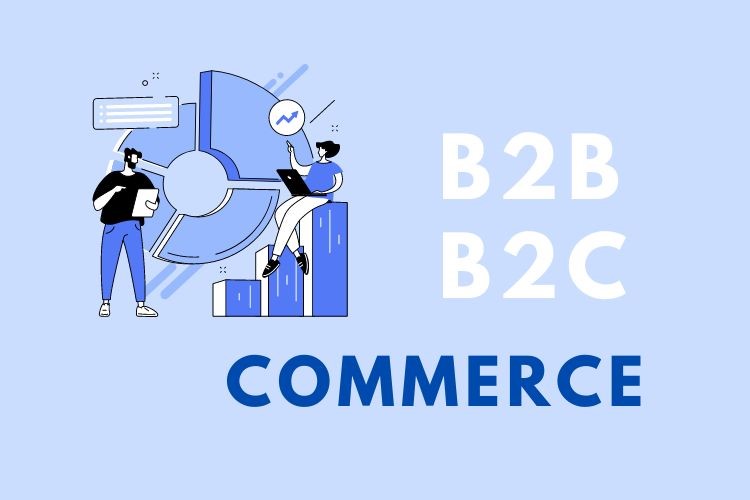
Larger business deals, such as SaaS purchases, may include a discussion between firms. sers may not be able to checkout and pay for purchases directly through a website.
However, the distinction between B2B and B2C commerce websites is not always evident. According to Forrester and other analysts, Amazon is the largest B2C shopping site on the web, with revenue forecasts of over $400 billion.
Even though Amazon is largely focused on customers, it also functions as a marketplace for other businesses. Merchants (ranging from small company owners to huge brands) can create their own Amazon storefronts and sell directly to customers.
6. Salesforce b2b commerce tutorial
6.1 Learning Objectives
- Explain what Salesforce B2B Commerce is
- Describe the B2B Commerce capabilities
- Describe how merging B2B Commerce and CRM data might assist you
- Describe how Salesforce B2B2C Commerce adds value to your business
6.2 Introduction
While Salesforce B2C Commerce focuses on online retail buyers, B2B—business to business—is a separate of eCommerce with its own set of requirements and capabilities. Salesforce B2B Commerce allows businesses to develop eCommerce storefronts that are tailored to large-volume purchases from other businesses on the internet. Customers in B2B commerce are permitted access on demand to suppliers to purchase products for their enterprises.

6.3 What Features Does B2B Commerce Provide?
Online purchases made by businesses require different functionality than those made by individuals. These buyers could order thousands of things worth millions of dollars. Buyers will need the following items for these types of transactions:
- Sites that are authenticated and require each visitor to log in
- Hundreds or thousands of products per order can be accommodated in shopping carts.
- Rapid reordering allows you to place large, frequent orders quickly and easily—all with just a few clicks.
- Custom storefront themes give each account its look and feel.
- Account-specific product catalogs for a certain subset of products
- Variable and dynamic goods
- Pricing negotiated/contractually agreed upon by account or customer segment
- Multiple delivery dates and locations are possible thanks to complex shipping features.
- Credit cards, purchase orders, and automated clearing house (ACH) transactions are just a few of the payment options available.
- Each authorized visitor’s order history
- Search
- Templates for the storefront and orders
Because B2B transactions are frequently performed over time by long-term customers, commerce data collection is critical. That’s why B2B Commerce is designed on the Salesforce Lightning Platform from the ground up. It comes pre-loaded with Salesforce CRM data from the following sources:
- Service Cloud
- Sales Cloud
- Experience Cloud
7. What Functionality Does B2B Commerce Offer?
Business buyers purchasing online need different functionality than retail consumers. These purchasers might place an order for hundreds of items totaling millions of dollars. For these types of transactions, buyers need:
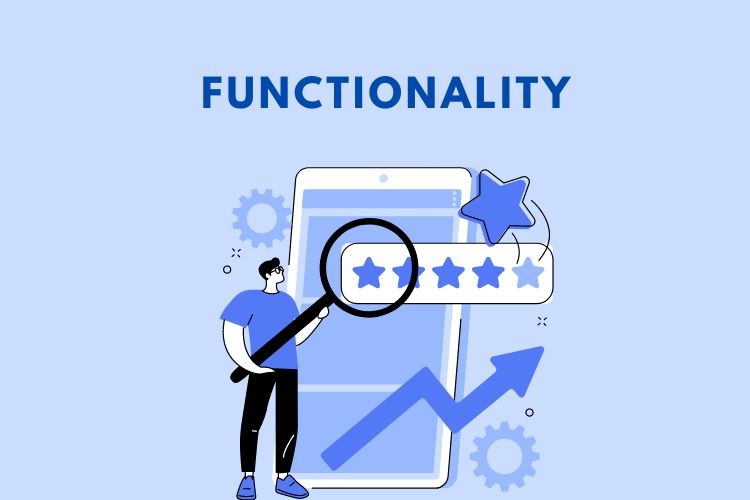
- Authenticated sites including logins for each visitor
- Shopping carts that can accommodate hundreds or thousands of items per order
- Rapid reorders to make large, frequent orders fast and easy—in just a few clicks
- Custom storefront themes for a unique look and feel for each account
- Specific product catalogs by account for a selected subset of products
- Dynamic and variant products
- Negotiated/contract pricing by account or by customer segment
- Complex shipping functionality allowing for multiple delivery dates and locations
- Multiple payment types including credit cards, purchase orders, and automated clearing house (ACH) transactions
- Order history for each authenticated visitor
- Search
- Storefront and order templates
Since B2B transactions are often made over time by an old customers, capturing commerce data is super important. That’s why B2B Commerce is built natively on the Salesforce Lightning Platform. It integrates bundled with Salesforce CRM data from:
- Service Cloud
- Sales Cloud
- Experience Cloud


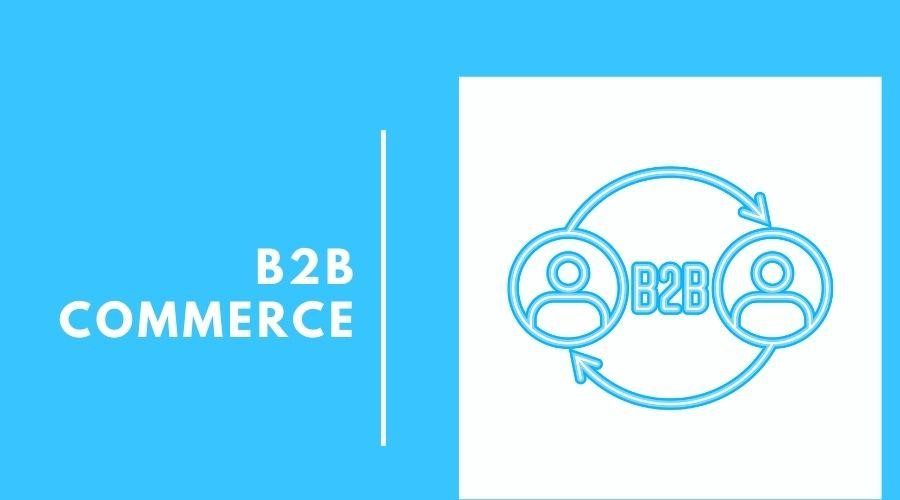
Leave a Reply